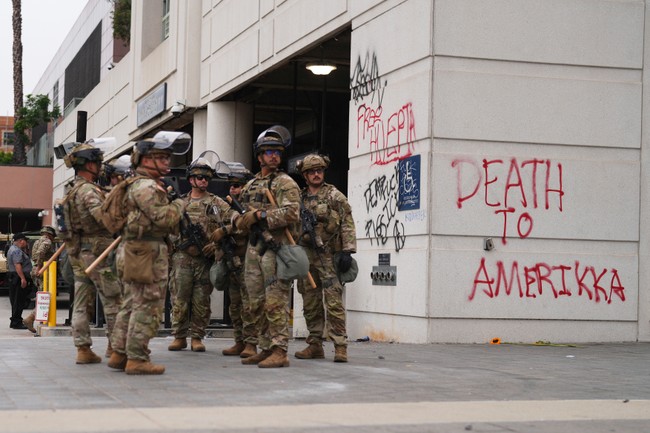The past few weeks have been brutal and dispiriting for anyone who still believes in civil political debate. Charlie Kirk was shot and killed for speaking about ideas and organizing on college campuses. That kind of violence is unforgivable and it should demand a firm, public reckoning.
Worse than the killing itself has been the reaction from left-wing elites who chose outrage over remorse. Instead of lowering the temperature, too many on the left doubled down and focused their energy on anything but meaningful accountability. The optics were tragic: raw grief sidelined by partisan posturing.
Some celebrities and media figures fanned flames instead of putting them out, and when platforms made decisions about those figures the outrage was louder than the calls for calm. That priorities mismatch tells you everything about a leadership class more interested in scoring points than preventing harm. It’s a lesson in what happens when the culture rewards performative fury.
I’ve written extensively about left-wing hysteria and the steady escalation of political demonization. The constant branding of opponents as Nazis, fascists, or devils has normalized extreme language and invited extreme responses. That rhetoric has consequences, and we are seeing them.
There are two groups to understand here: the Democrat elites and the Democrat base. The elites — influential former presidents, major party figures, certain progressive icons, some institutional media leaders, influential funders, and extreme street movements — lead the narrative and set the tone. The base largely absorbs and echoes the message they are fed every day.
The elites are far more “guilty” for the climate of rage because they craft the message and control the megaphone. They know the trade-offs of language and method, but their incentives keep them feeding the beast. The base follows because that is the media diet they are offered.
Why would elites keep stoking this? Some act out of raw political calculation, convinced that constant outrage preserves a voting coalition. Others seem trapped in feedback loops where anger is the only currency that keeps them relevant. There may be darker strategic ideas at play, or it may simply be a failure of leadership.
The base, meanwhile, is unlikely to abandon the narrative it has been fed for years, especially when institutional news and social platforms reinforce it. That makes the situation durable and dangerous. When a large group of citizens believes their leaders and their media, changing minds takes more than a tweet or a brief apology.
Predictably, this path is unlikely to end well for the country or for many individuals. Because of Democratic failings at the ballot box and the intensification of political rage, the country now faces prolonged polarization. Leaders who stoke anger rarely control where that anger lands.
People who live perpetually revved up by politics are at risk of real mental health fallout, including breakdowns, substance abuse, and destructive behavior toward others and themselves. That is not abstract theory; it is already showing up in families and communities. Mental health consequences are another tragic byproduct of political radicalization.
When attacks occur — physical or verbal — they provoke responses, and those responses then escalate the cycle. Violence begets violence and social trust erodes faster than laws can repair it. We are sliding toward a landscape where ordinary disagreements turn into personal threats.
On a personal level I know people who once voted and argued civilly who are now withdrawn, angry, and in some cases self-destructive. Relationships fracture, friendships end, and communities become echo chambers of hurt. That erosion of basic social bonds is the unseen casualty of a politics that prizes spectacle over stability.
This moment calls for three clear actions from conservatives who want to stabilize the country: hold elites accountable, call out violent rhetoric wherever it appears, and offer a steadier civic vision. We should fight hard in the arena of ideas while refusing to normalize threats or bloodlust. That combination of resolve and restraint is how you win respect and protect a pluralistic society.
The left’s refusal to moderate its tone signals that persuasion alone may not be enough; institutional change and cultural pushback will be necessary. Conservatives must expose the incentives that drive elite behavior and demonstrate an alternative that prizes safety and free speech together. If we can do that, we weaken the fever and strengthen the civic fabric.
In the end, the country needs leadership that puts people before power and safety before spectacle. Until that happens, expect more pain and more bad outcomes from a politics addicted to rage. For those of us who want a functioning democracy, the only choice is to keep speaking clearly, organizing smartly, and refusing to meet hatred with more hatred.

1 Comment
Communist Democrats are involved in everything that’s Anti-American.